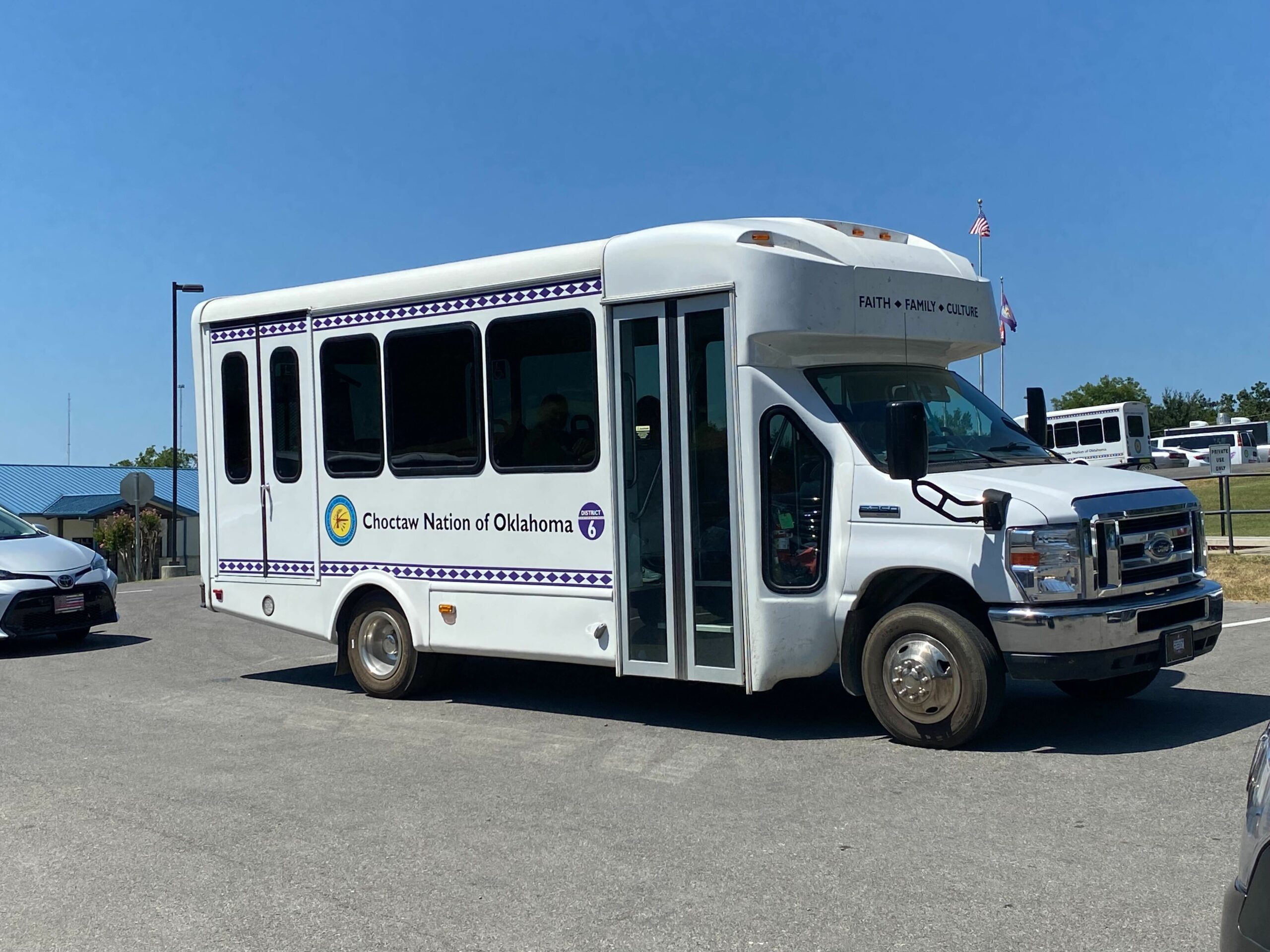by Treasure Standeford, Hunger Outreach Program Senior Specialist
Summer is a time for sunshine, friends, and fun, but when food is limited, it can be a huge stress for families. During the school year, breakfast and lunch are available to students, but they lose critical access to meals when schools are out. Summer meal programs can help families fill the food gap and engage the community.
During the summer of 2021, USDA issued multiple nutrition program waivers allowing summer meal programs to offer meal pick up, grab and go, and meal delivery options:
- Oklahoma served over 20.3 million meals to children and teens through schools, nonprofits, tribal authorities, and camps who ran the non-congregate Summer Food Service Program (SFSP) and Seamless Summer Option (SSO) at 1,379 sites across the state.
Combined, more than 20 million meals were served to children and teens here in Oklahoma. During the following summer, after USDA program waivers expired, participation dramatically decreased:
- Oklahoma served 922,000 meals through SFSP.
- 1 million meals were served through SSO.
This was a 90% decrease in total meals served from the previous year. When nutritious meals do not reach children and teens during the summer months, vulnerabilities such as health, academics, and our workforce are endangered. Hunger matters in Oklahoma! We recognize that the lack of nutritious meals worsens chronic illnesses, lowers test scores and graduation rates, and can lead to greater behavioral and social problems. Our labor force can also weaken because of increased anxiety and stress and decreased household stability.
Thousands of Oklahoma children are at risk of hunger during the summer months when they no longer have access to school meals. One in seven households and one in five children face hunger every day. Food insecurity rates are consistently higher in rural areas than urban areas and Oklahoma is a rural state. The risk of food insecurity is especially prevalent with 55.2% of Oklahomans categorized as having low access to healthy food. This is exacerbated by the large distances between retail centers and populations lacking transportation, both common in rural areas.
Thanks to the Consolidated Appropriations Act, 2023 (P.L. 117-328), which authorized permanent, non-congregate meal service through the Summer Food Service Program (SFSP), and the National School Lunch Program Seamless Summer Option (SSO), an opportunity to better serve children, teens, and families during the summer months was created. The rural non-congregate option is not intended to replace the congregate meal service, but to extend to communities designated as rural. State agencies and sponsors can use the Rural Designation tool to determine if a proposed site is designated as rural for purposes of SFSP or SSO. Oklahoma, being an approved state to operate non-congregate, has already proven to help close the food access gap for families who do not have access to reliable transportation. In rural areas with no congregate feeding sites, children may not have access to nutritious meals. This is where the non-congregate meal service allows for 10 days of meals to be distributed at one time.
During summer of 2023, seven Oklahoma sponsors took advantage of the newly permanent option, operating around sixty non-congregate sites across the state. Collectively, these non-congregate sites served over 431,000 meals and snacks in rural Oklahoma! Choctaw Nation served over 300,000 meals and snacks to rural children and teens in May, June, and July. I had a chance to visit with a non-congregate SFSP sponsor Choctaw Nation at their rural Wilburton site this past summer.
During my visit, I saw meals and snacks distributed to families through the non-congregate drive-through pick-up rural site at the Choctaw Nation Community Center. I also visited with Choctaw Nation’s District 6 Tribal Councilwoman and Chaplain, Jennifer Woods, Children’s Nutrition Program Coordinator, Robin Linam, the Assistant Program Manager, Eric Chavarria, Site Supervisor Jesse Bias, and Site Staff Nitah Gibson about the importance of the non-congregate summer meals program and what it means to so many families. Eric Chavarria summed up the importance of the program by saying, “The kids we are serving live meal to meal.”
The opportunity to serve non-congregate meals in rural communities is a game changer for Oklahoma. Allowing school districts and program operators multiple methods to connect children and teens with food outside the traditional on-site model will address the barrier of limited access, increase participation in the program, and improve food security for youth. The need has always been there, but Covid-19 program waivers showed that non-congregate service models could successfully increase access. Through a partnership with Blue Cross and Blue Shield of Oklahoma, Hunger Free Oklahoma will engage partners in rural communities across the state to take advantage of the non-congregate model to bring more food to rural, food-insecure Oklahoma children in the Summer of 2024.

